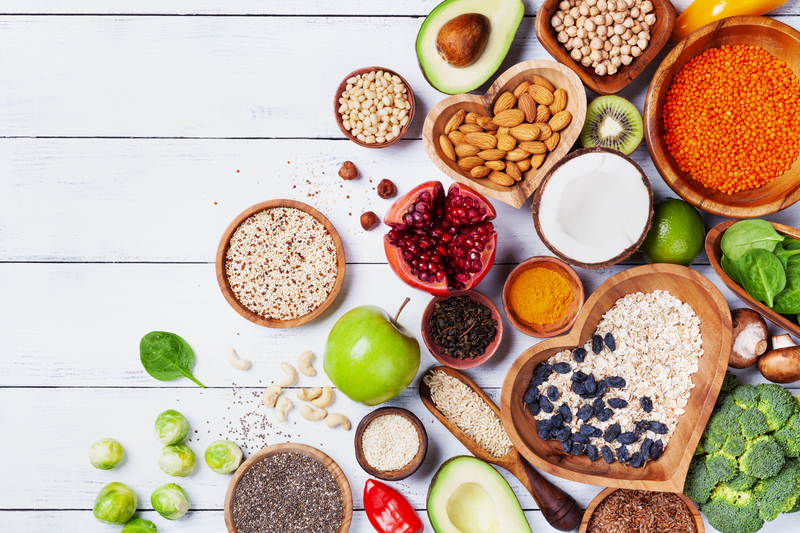Wow, does food take a lot of blame! It’s amazing how the mixed messages we receive about food not only confuse us, but tend to make us feel bad about ourselves. And guess what? In times of stress and uncertainty, it makes sense that food may be used to navigate our feelings, providing either a source of comfort or distraction. Yet, rather than leaning into these experiences, learning and working through them, we are taught to rebuke emotional eating or judge ourselves for using food as a tool.
I actually believe that living in the midst of a pandemic can be an invaluable opportunity for us to work on self care and heal our relationship with food if we allow it to teach us. The “How” Mindfulness Skills set the stage for this learning experience: Non-Judgmentally, One-Mindfully, Effectively.
Non-Judgmentally: Sure, food is fuel: it’s necessary for our health and our physical well being. And it’s also joyful, comforting, and celebratory. Sometimes food and emotions will interact, but the moment we judge our emotional eating or feel guilty for our behaviors with food, we lose the chance to learn. You see, judging is the thing that turns OFF our awareness. Listen: there’s a pretty good chance that you’ve wanted to eat emotionally and/or had a hard time eating because of emotions over this crazy quarantine time. That’s okay and completely understandable! The moment we perceive our behaviors as “bad”, we begin to internalize them and start to believe that we are “bad” for a particular eating behavior. Truth: food is not good or bad. When we can simply observe how we are using food, whether to honor our hunger, our appetite or our emotions, the more we will learn and the more at peace we will be with our eating experiences… and ourselves.
One-Mindfully: One of the potential silver linings in this time of quarantine is that we are primarily home, in one place. However, with the lines between work, school and home life a bit more blurry, there can also be a plethora of different distractions at play, and food patterns can easily become derailed or interwoven with other activities. Yet, if we’re willing to “eat with our eyes wide open”, what we see can be a priceless glimpse into our feelings, our needs and our interaction with food. Eating while you’re eating is a beautiful way to practice one-mindfulness. Consider using one or all of your senses at a meal and notice if that helps create a greater sense of satisfaction with your experience. Putting our focus on the task at hand, in this case eating, provides us the opportunity to know if we are getting our needs met.
Effectively: Through practice, we become more easily able to apply the mindful concepts and ultimately they feel more natural. It is impossible to always be mindful – our mind will wander while we’re eating and it’s okay to have conversations with others during a meal. However, practicing the art of being aware without judgment and then tuning into the food interaction of the moment will reduce the impulsive, disconnected decisions and leave us feeling more satisfied and content. Pausing and taking a breath before the next bite is another way to re-group, tune back in and notice if food is doing what you were hoping for at that time.
So instead of wishing your were eating differently or trying to change your food patterns just because you think you “should”, take a step back. Keep your eyes wide open and embrace the ways that eating with full awareness and curiosity can teach you about so much more than food!

